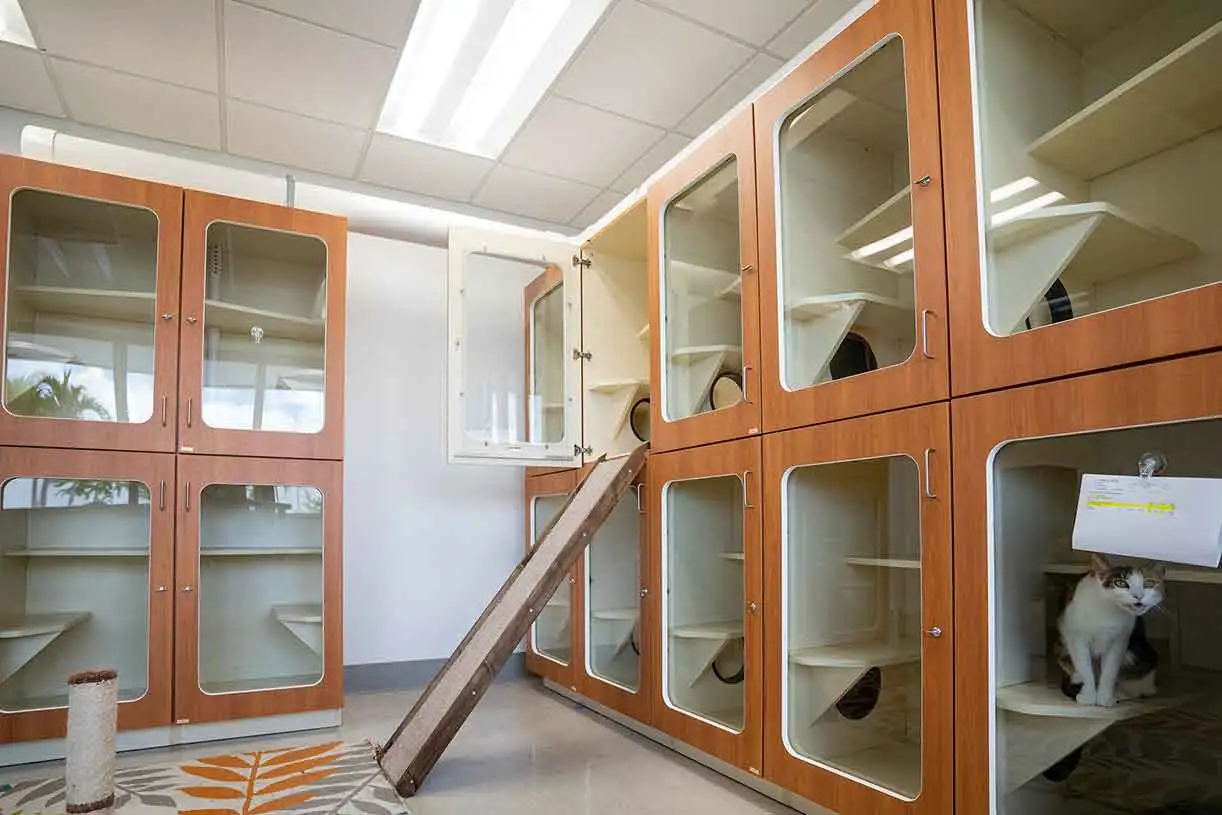CFDs exploded in Spain. People trade price movements instead of buying actual shares. Traditional investing takes too much capital and patience for most. With leverage, someone with 500 euros can control positions worth thousands. For example, put down 500 euros and trade 10,000 euros worth of assets. Sounds smart until the market moves against them and they lose more than they put in. The appeal is obvious though. Why tie up capital buying shares when you can simply speculate on price direction?
Market volatility in Spain has people looking for alternatives to buying stocks and holding. CFDs let them profit when markets drop, not just when they rise. They might short the IBEX 35 when Spanish banks stumble or go long on oil when Middle East tensions spike. Traders convince themselves they’re strategic. Reality is they’re gambling with leverage that ends up destroying their accounts. The platforms offer courses and webinars that make people feel educated enough to trade. After watching a few videos about support and resistance, many suddenly consider themselves technical analysts. Confidence isn’t competence though.
The variety hooks people. They can trade European stocks, forex pairs, gold, crude oil, and wheat futures all from one account. No need for multiple brokers or large deposits. Someone can jump from shorting Santander Bank to going long on EUR/USD in seconds. Platforms show fancy charts with moving averages, RSI indicators, Bollinger Bands that make traders feel professional. Forums and Discord groups share “winning strategies” that usually aren’t. Everyone shares their wins, but few mention their losses. Social proof makes bad decisions look good.
Spanish regulators capped leverage at 30:1 for major forex pairs and lower for stocks. Mandatory risk warnings everywhere saying “CFDs are complex instruments and 72% of retail accounts lose money.” The warnings are there in bold text, pop-up windows, email disclaimers. People click through them like terms and conditions. Regulated platforms seem safer than offshore brokers based in places like Cyprus or Vanuatu. Neither stops people from losing, but at least the regulated ones won’t disappear overnight with client funds. CNMV keeps updating rules, brokers find workarounds, traders keep losing.
With interest rates jumping around, inflation eating into savings, housing prices out of reach, and global uncertainty everywhere, Spanish investors want quick reactions to market news. ECB announces policy changes, traders pile into euro positions. Tech earnings disappoint, everyone shorts the NASDAQ. Online CFD trading platforms deliver instant execution and phone apps for trading anywhere. Traders check positions while standing in line at Mercadona and adjust stop losses while sitting in traffic. The speed feels like control. Usually it just means losing money faster than traditional investing would allow.
Trading communities share screenshots of profitable trades, stay quiet about the losses. Telegram groups full of “signals” that are right maybe half the time. Social trading lets people copy others’ trades automatically. Someone makes money one month, gets a thousand copiers, then blows up the next month along with everyone following them. The social aspect makes it feel less like gambling alone. The old saying “misery loves company” applies especially in trading.
Mobile apps with one-click trading, educational videos that oversimplify everything, demo accounts that don’t replicate real trading psychology. Spanish traders can lose money more conveniently than ever. Banks like BBVA and Santander now offer CFD platforms too, legitimizing what is essentially a sophisticated form of betting. These banks earn commissions regardless of whether clients win or lose. The tools keep improving, charts become more advanced, execution gets faster. The marketing keeps growing, especially targeting young people who think they’ve discovered something their parents’ generation missed. However, the percentage of traders losing money remains roughly the same. Technology changes, human psychology doesn’t. Online CFD trading continues to expand in Spain, despite repeated warnings from regulators.





